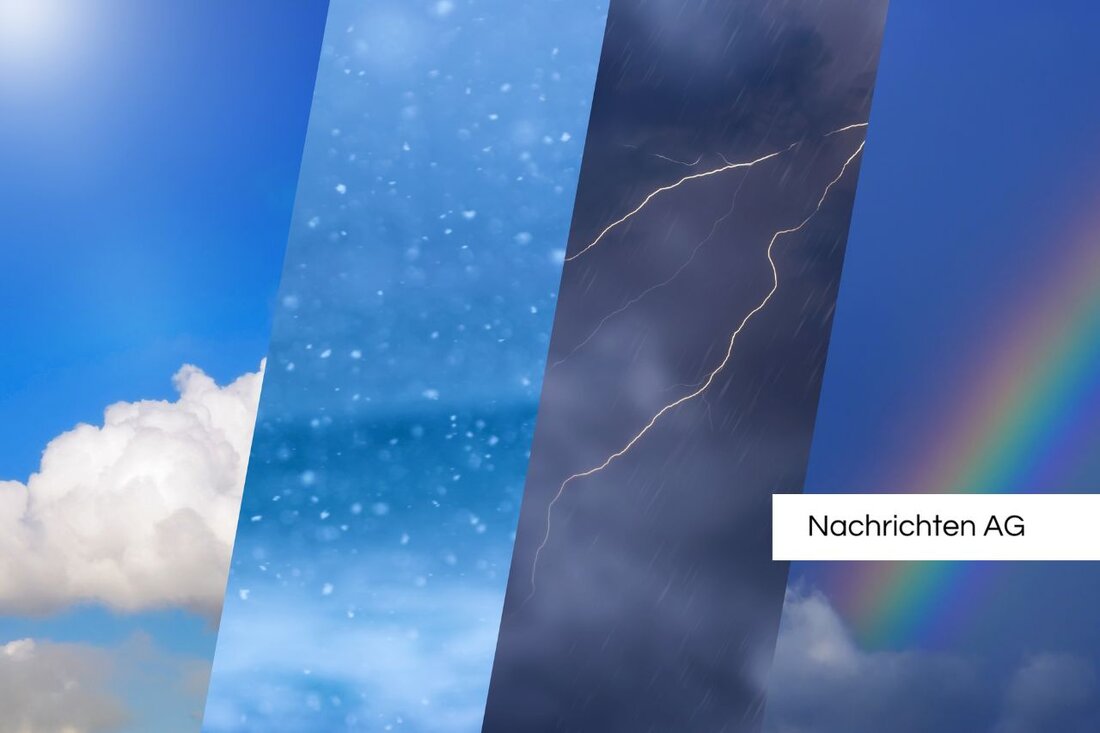Summer in Brandenburg: Heavy rain and flooding cause chaos!
Find out how heavy rain and extreme weather events affect Brandenburg. Expert perspective and current forecasts.

Summer in Brandenburg: Heavy rain and flooding cause chaos!
Summer in Brandenburg is extremely changeable this year. While sunny and warm weekends can be quite inviting, heavy rains and stormy weather often followed. Climatologist Frank Kreienkamp from the German Weather Service (DWD) in Potsdam explains that the current weather situation should not be viewed as exceptional. It should be noted that July 2023 is already considered warm compared to historical data, despite the measured precipitation.
For the current month of July, 170 liters of rain per square meter have already been recorded and the weather still has a few surprises in store as the month is not yet over. A look back shows that July 1990 brought an average of 189 liters, which helps to classify the current situation. The heavy rain warnings issued by DWD proved to be accurate and the rainfall led to worrying flooding in many regions, especially in Mecklenburg-Western Pomerania.
Floods and their causes
In towns like Seelow in Märkisch-Oderland, cellars were full and streets were partially flooded. These floods can be attributed to geographical conditions; the region has no mountains and suffers from unsuitable subsoil, which favors the development of flash floods. Despite the intense rainfall, the drought and water shortage that Brandenburg is suffering from is far from being resolved. Kreienkamp emphasizes that the heavy rainfall is not enough to compensate for the existing deficits in groundwater and soils that have existed for years.
Another interesting aspect is the long-term weather forecasts. These are often based on “good luck” and do not allow reliable statements about when regional weather conditions might stabilize. A dry high is not in sight for the time being, even if the risk of heat waves, similar to those in southern Europe, cannot be dismissed.
Extreme weather and climate change
But what does all this have to do with global climate change? A new report from the Intergovernmental Panel on Climate Change (IPCC) reveals that global warming is increasing the frequency and intensity of extreme weather events such as heavy rain and heat. This is facilitated by human activities, which are the main cause of climate change. Germany has also recently experienced catastrophic flood events - the results from July 2021 are shocking: over 180 people died, many livelihoods were destroyed, and entire villages disappeared from the face of the earth. The WWF warns that such events may become more common in the future, while maximum rainfall has increased by up to 19 percent due to climate change.
In order to effectively address the climate crisis, comprehensive measures are required: This includes not only phasing out fossil fuels, but also a committed expansion of renewable energies and the renaturation of water bodies. Reclaiming natural floodplains could also help reduce the risks of flood events. The combination of human action and the natural possibilities plays a crucial role here.
In view of all these developments, many are asking themselves how we as a society can prepare ourselves for the future. And while the capricious weather conditions are constantly changing, one thing remains certain: dealing with climate change will be the central challenge of the coming years.
You can find more information about this in the reports from maz-online.de and wwf.de.

 Suche
Suche
 Mein Konto
Mein Konto